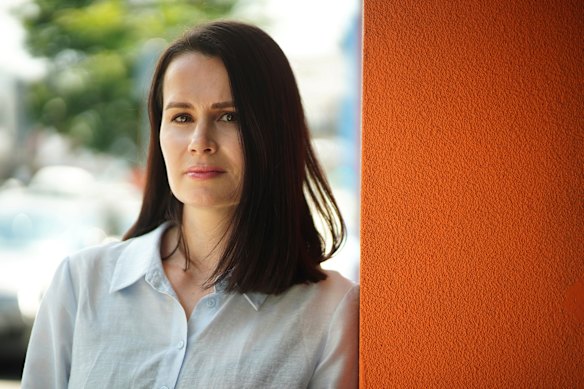
The Australian government has confirmed that the Islamic Revolutionary Guards Corps (IRGC) of Iran is implicated in a series of antisemitic attacks targeting Jewish organisations, businesses, and places of worship across Australia. These incidents have escalated since the violent events of October 7, 2023, which have drawn international attention and concern regarding the Iranian regime’s influence abroad.
Kylie Moore-Gilbert, an Australian academic who spent over two years imprisoned in Iran, shared her harrowing experience of interrogation by IRGC officials. During her detention in Tehran’s notorious Evin prison, she recalled an encounter with an interrogator who presented her with a list of addresses in Australia, specifically targeting Jewish sites in her home city of Melbourne. The interrogator, wearing a baseball cap, sunglasses, and a surgical mask, questioned her about her visits to synagogues and Jewish organisations located in suburbs such as Caulfield and Doncaster.
Moore-Gilbert, who rejected any cooperation with her captors, described how she had been sentenced to ten years for false charges of espionage. This experience later informed her discussions with agents from the Australian Security Intelligence Organisation (ASIO), following her eventual release and return to Australia.
The Australian government’s recent disclosures align with growing concerns among observers regarding the Iranian regime’s historical tactics. Reports indicate that the IRGC has a pattern of orchestrating antisemitic acts globally, including in nations such as the United States and the United Kingdom. The regime often employs organised crime syndicates, sometimes compensated with cryptocurrency, to target dissidents, journalists, and anti-regime protesters.
As antisemitic attacks have unfolded in cities like Sydney and Melbourne, including the Dural caravan plot and vandalism at the East Melbourne Synagogue, the involvement of individuals with criminal backgrounds has raised alarms. These attackers displayed no genuine interest in the Jewish community, suggesting a calculated effort by the Iranian regime to incite violence and spread fear.
Antisemitism remains a fundamental element of Iran’s ideological framework. The IRGC has been instrumental in furthering antisemitic conspiracies and has a long history of commissioning attacks against Jewish individuals and institutions. As these recent events unfold, the Australian government is likely to intensify its efforts to monitor and counteract the influence of the IRGC within its borders.
The implications of these developments extend beyond national security; they touch on crucial matters of community safety and international relations. Australian officials are expected to maintain vigilance as they navigate the complexities of addressing these threats while fostering communal harmony.







